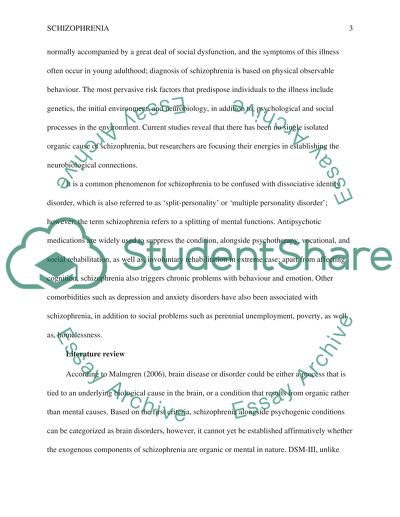Cite this document
(“Is schizophrenia psychological condition or brain disease Essay”, n.d.)
Is schizophrenia psychological condition or brain disease Essay. Retrieved from https://studentshare.org/psychology/1490890-is-schizophrenia-psychological-condition-or-brain
Is schizophrenia psychological condition or brain disease Essay. Retrieved from https://studentshare.org/psychology/1490890-is-schizophrenia-psychological-condition-or-brain
(Is Schizophrenia Psychological Condition or Brain Disease Essay)
Is Schizophrenia Psychological Condition or Brain Disease Essay. https://studentshare.org/psychology/1490890-is-schizophrenia-psychological-condition-or-brain.
Is Schizophrenia Psychological Condition or Brain Disease Essay. https://studentshare.org/psychology/1490890-is-schizophrenia-psychological-condition-or-brain.
“Is Schizophrenia Psychological Condition or Brain Disease Essay”, n.d. https://studentshare.org/psychology/1490890-is-schizophrenia-psychological-condition-or-brain.


